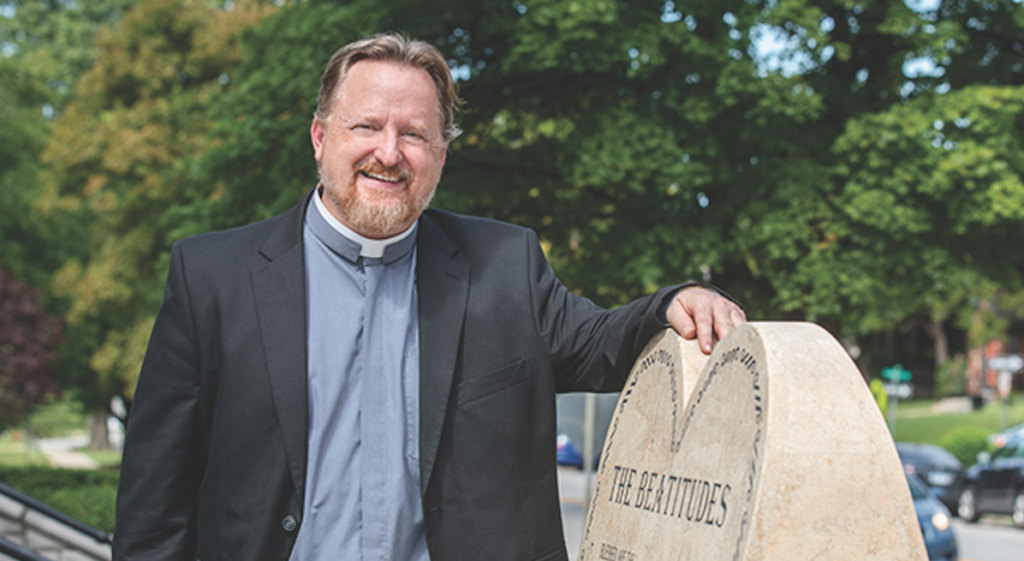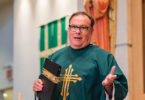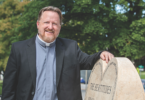
by Deacon Bill Scholl
What if our politics were informed by love?
No, this is not a hippy manifesto. In a way, all politics are informed by love, albeit too often it’s exclusive love of self and those close to oneself. Hence, Murphy’s Law states: “Where someone stands on an issue is often determined by where one sits.”
However, Christ trounces this rule of the posterior when he proclaims the golden rule: “Do unto others as you would have them do unto you.” While it’s a wonderful guide in our daily dealings, how often do we let this rule guide us in our politics? As members of a democracy, we as citizens are supposed to consider our own self interests when we vote and when we advocate for certain policies.
Socrates (no fan of democracy — especially the one that elected for him to drink hemlock) was always quick to point out the shortfall of democracy is that the mob does not always know what is really in its best interests. His example is that if children were to vote for their dietitian, they invariably would pick the one who gave them the most sweets and not the one who chose the healthiest food.
With the golden rule, Christ challenges us to see ourselves in another and to love by looking for him in all souls and desiring their authentic good. Truth and love must go hand in hand, otherwise we don’t really achieve the good of others or ourselves.
Even a precursory glance of the Gospel makes one thing clear — love is a big deal to God and he wants it to be the motive for everything we do.
St. Paul shows us the most excellent way of love: “Faith, hope and love remain, these three, but the greatest of these is love” (1 Cor 13:13). Now, a lot has been written about love and what it is exactly. Personally, I like Aquinas’ definition: “Love is willing the good of another and accomplishing that good.”
Currently, we are discerning just how the church can accomplish the common good in our communities. With the help of our community outreach coordinator, Tim Rives, the archdiocesan office for social justice is reaching out to parishes and other congregations to bring neighbors together for conversations about local problems and how we can work together to address issues of violence, housing and the livability needs of the most vulnerable.
Informed by listening and emboldened by relationship, we advocate together on the local level to achieve real solutions by working with our elected leaders.
Now, that takes a lot of love, but by Jesus’s example and Christ’s grace — we have the love!






